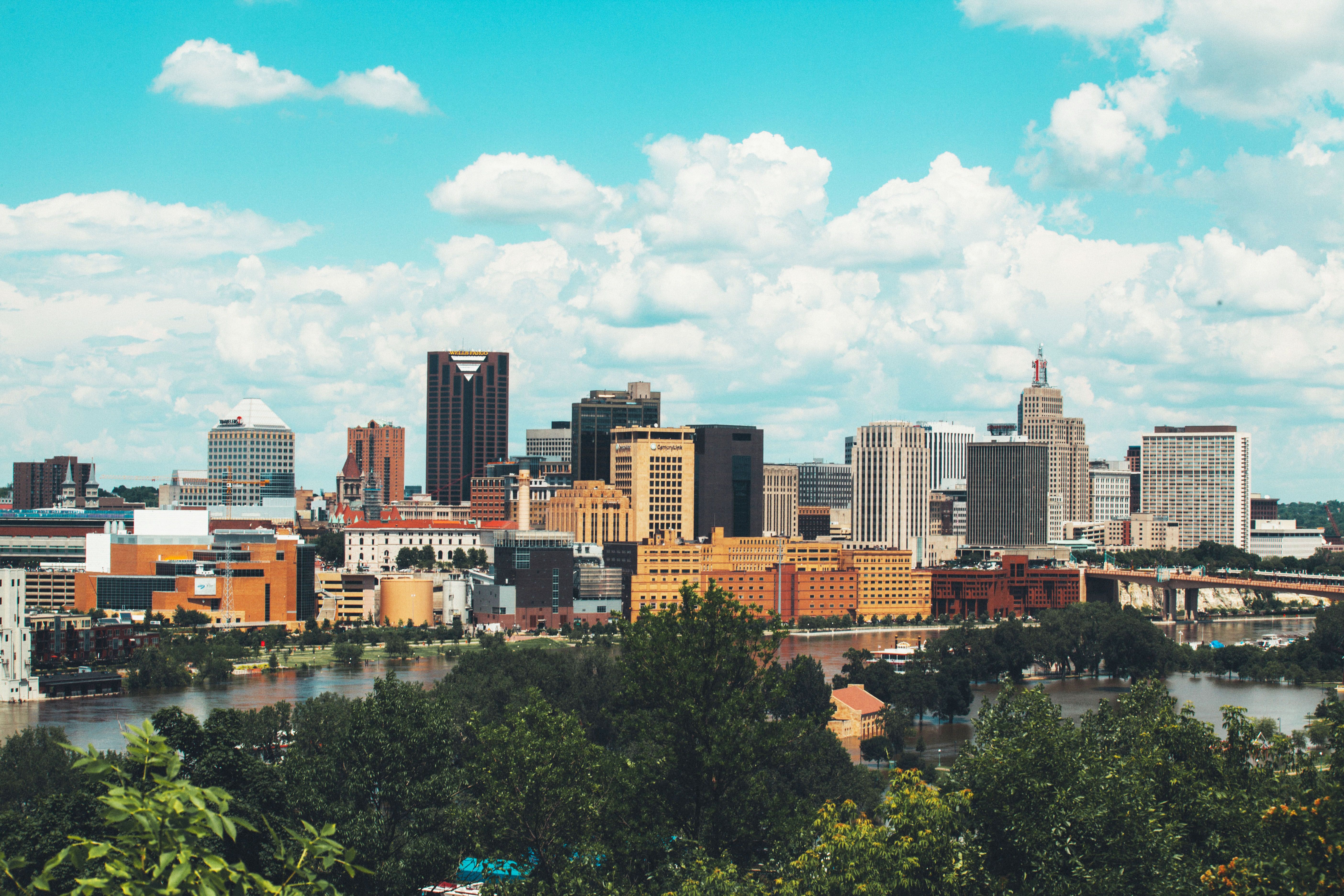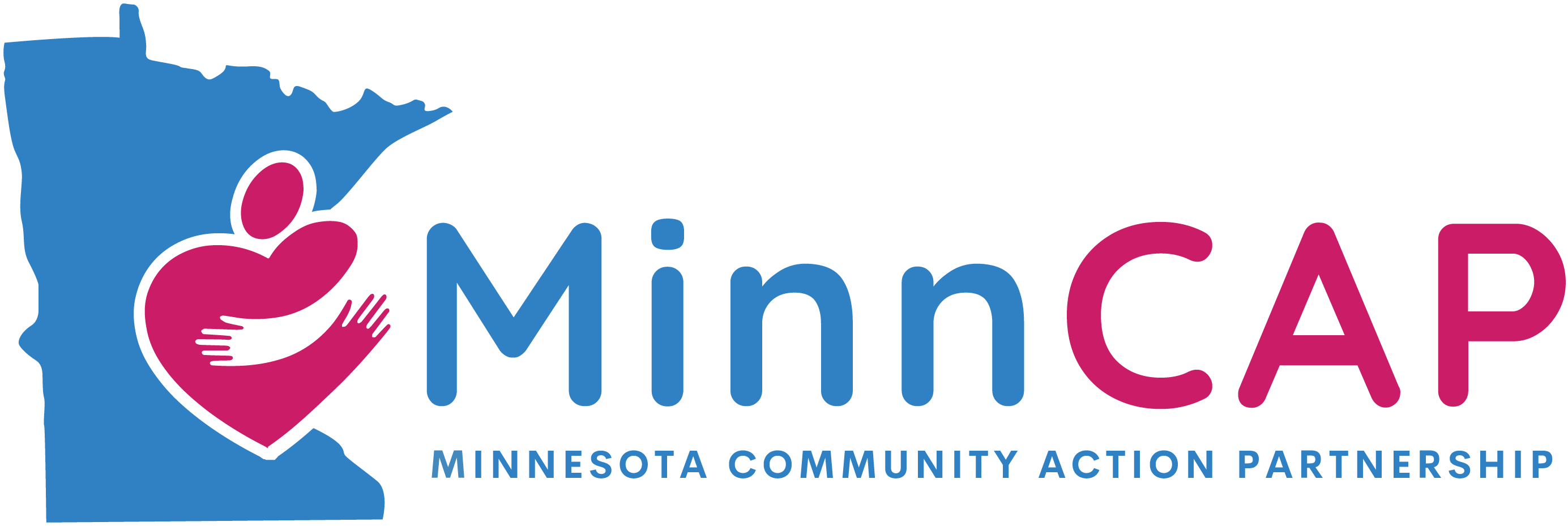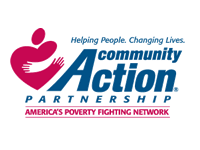Vol. 6 No. 22 (This column published in print in the Minnesota Spokesman-Recorder on 10/10/2019)
Given the choice between modernity and barbarism, prosperity and poverty, lawfulness and cruelty, democracy and totalitarianism, America chose all of the above.
- Matthew Desmond
In August of this year, The New York Times launched “The 1619 Project” marking the fourth centennial since the first documented slaves were captured and brought from modern-day Angola to the shores of the future United States of America at Point Comfort in what is today the city of Hampton, Virginia.
The stated purpose of this multi-media initiative, which in part consists of essays and other literary contributions by an array of scholars, journalists, and activists, is to:
…reframe the country’s history, understanding 1619 as our true founding, and placing the consequences of slavery and the contributions of Black Americans at the very center of the story we tell ourselves about who we are.
The project nimbly links the legacy of slavery to modern-day American realities, along the way tackling issues ranging from segregation to education; healthcare to the criminal justice system; racial myths to social, economic and political subjugation; the quest for power to vast wealth inequality; and the very essence of this nation’s declared ideals and its duplicitous conception of democracy.
Among the featured essays is a piece from Princeton University sociologist Matthew Desmond titled “In order to understand the brutality of American capitalism, you have to start on the plantation.” Desmond’s thesis is not so much a treatise on the philosophy of capitalism relative to other economic systems. That particular debate, politically contrived or not, is already shaping up to be part and parcel in the 2020 presidential election.
No, what Desmond is doing here is to pull back the curtain on America’s distinctive and especially ferocious brand of capitalism, what one of his colleagues from the University of Wisconsin, Joel Rogers, refers to as “low-road capitalism.” Desmond notes that we see different sorts of capitalist societies among nations, ranging from “liberating to exploitative, protective to abusive, democratic to unregulated.”
Yet, as he notes, America’s empire was built on the foundation of African slave labor and the violent appropriation of Native American lands. That “unflinching willingness” to inflict cruelty and carnage upon its subjects helped to fashion a unique imprint on our national culture—a “culture of acquiring wealth without work.”
This is a culture that today still yields massive (and mounting) income and wealth gaps, in which the nation’s richest one percent holds nearly 40 percent of its wealth. It’s a culture that relegates
more than half of its population to the psychological torture of economic insecurity. And, it’s a culture that shamelessly and wrongly blames the poor for their plight.
One need not look any further than here in the Twin Cities. In spite of the region’s status as one of the most livable metro areas in the United States, we continue to tolerate sweeping racial disparities. In fact, Minneapolis-St. Paul maintain some of the country’s biggest Black-White gaps in the arenas of education, employment, housing, and the like.
Of course, we’re not alone. These problems plague America’s cities, suburbs and rural communities from coast to coast, from border to border.
Plenty of economic historians, as pointed out by Desmond, have promoted the “more comforting origin story that America’s vast wealth and ‘modern business practices’ are rooted in the advent of its railroad industry.” But make no mistake about it: The types of policies and practices that shape our economic system today were born in the cotton fields and on the plantations of the southern United States, which “by the eve of The Civil War… was home to more millionaires per capita than anywhere else” in America.
And, with that said, I’ll give the final word to Desmond, who so unequivocally and eloquently writes:
If today America promotes a particular kind of low-road capitalism—a union-busting capitalism of poverty wages, gig jobs and normalized insecurity; a winner-take-all capitalism of stunning disparities not only permitting but rewarding financial rule-bending; a racist capitalism that ignores the fact that slavery didn’t just deny black freedom but built white fortunes, originating the Black-White wealth gap that annually grows wider—one reason is that American capitalism was founded on the lowest road there is.”









